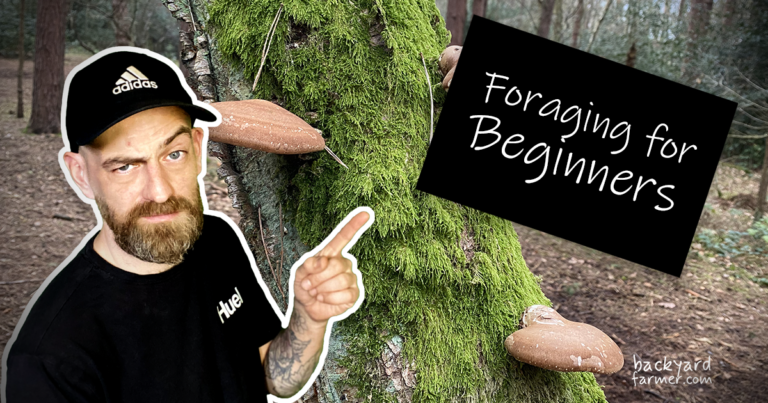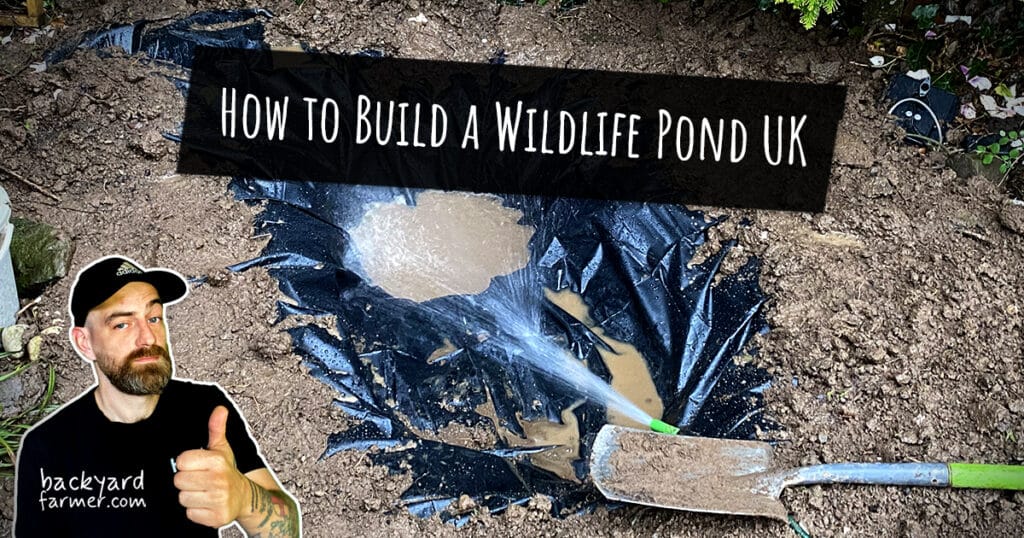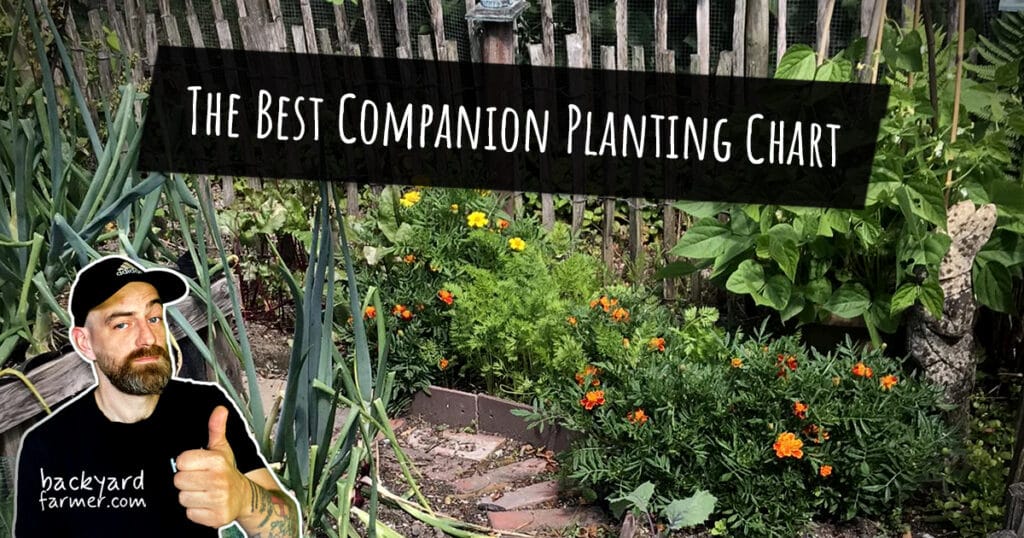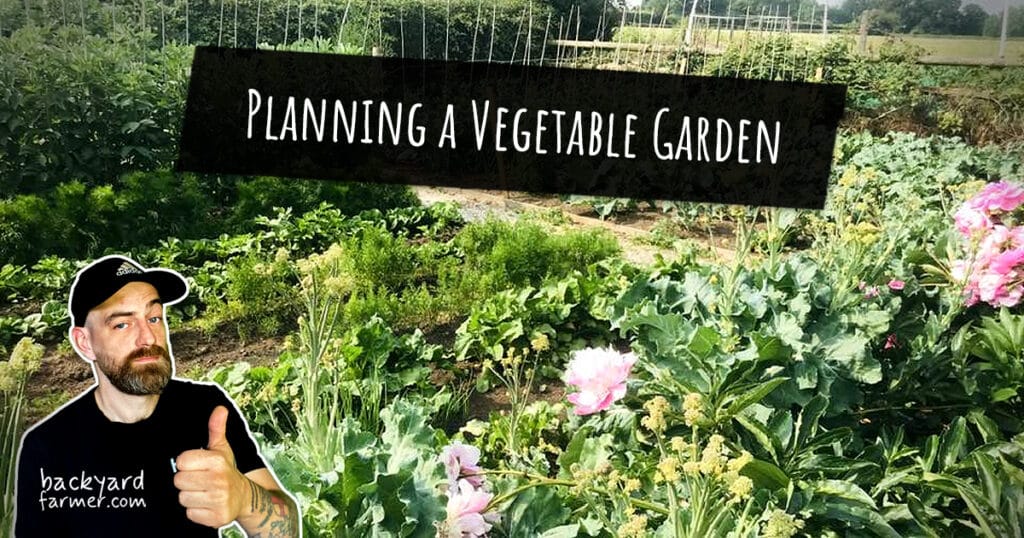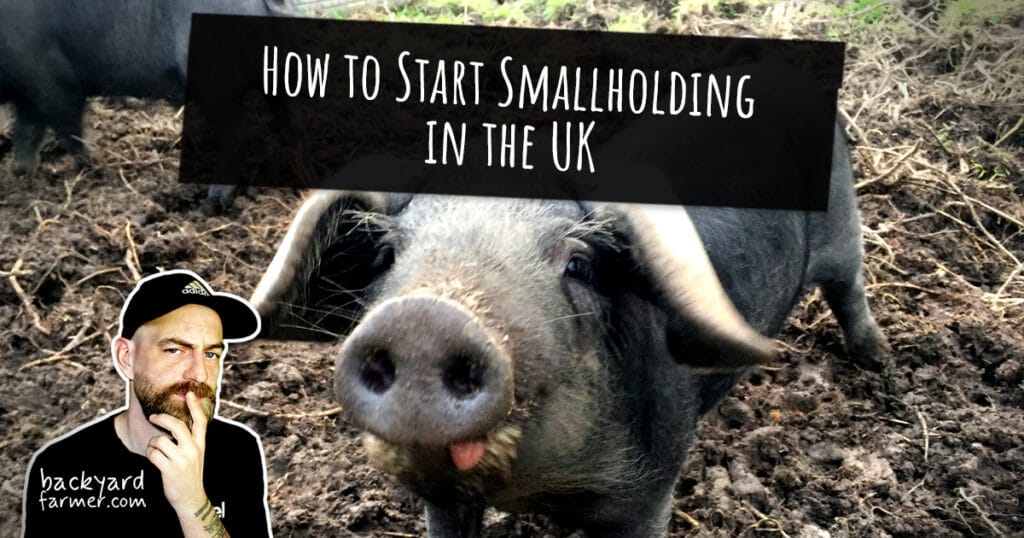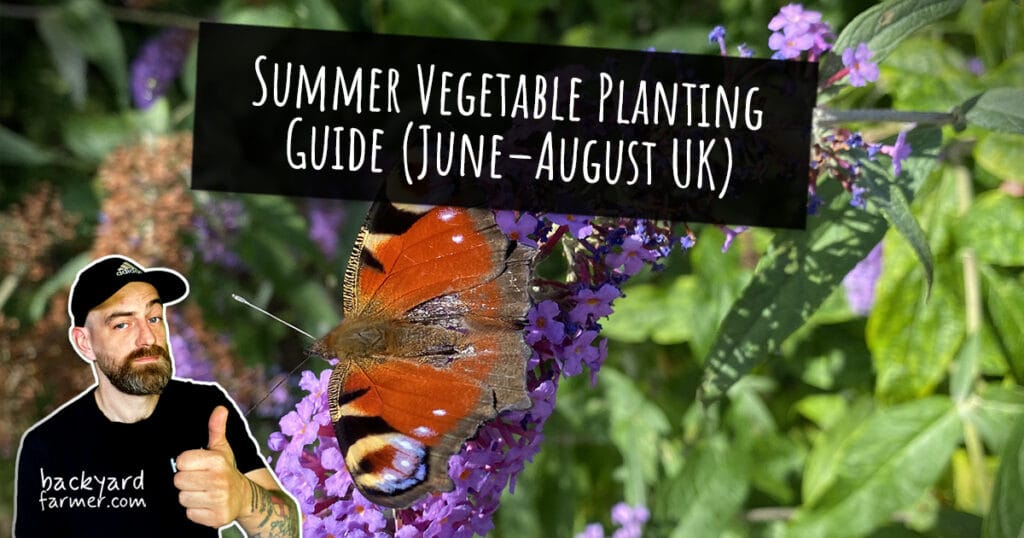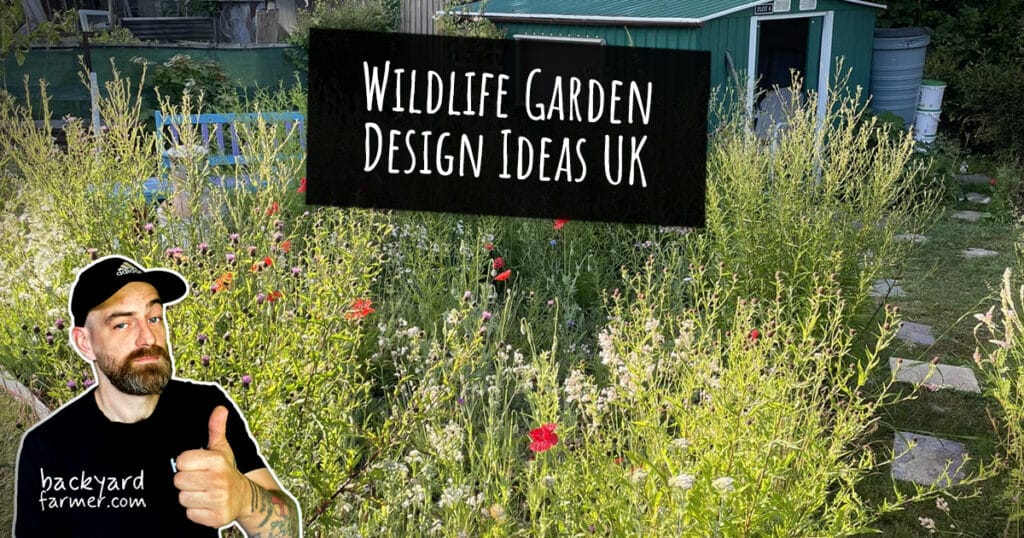Introduction to Foraging for Beginners UK
Foraging in the UK is a rewarding activity that connects you to nature while providing free, healthy food. Whether you’re searching for mushrooms, berries, or edible plants, foraging allows you to explore the natural world and learn essential survival skills.
With years of exploring the countryside and a deep respect for sustainable practices, this blog shares knowledge and tips gained from hands-on experience and a love for the outdoors.
Continue your UK foraging & edible plants journey
- A forager’s guide to hawthorn berries – How to find, identify, and use hawthorn berries safely in your foraging trips
- Totally wild foraging in the UK – A deeper look at UK foraging hotspots, safety, and seasonal tips for wild edibles
- 10 edible backyard plants you can forage in Britain – A helpful illustrated guide to common UK plants you can eat from your garden or nearby wild areas
What you need when Foraging
Foraging is a fantastic way to explore nature, find wild food, and enjoy a fulfilling outdoor activity. As a beginner, it’s important to be prepared with the right tools, knowledge, and practices to ensure your foraging experience is safe, successful, and fun. A good foraging bag helps keep your finds fresh and protected—check out our review of the best foraging bags for UK foragers
Here is what you need to get started:
Essential Foraging Tools
Whether you’re picking wild garlic in spring or gathering blackberries in autumn, having the right tools makes foraging safer and more rewarding.
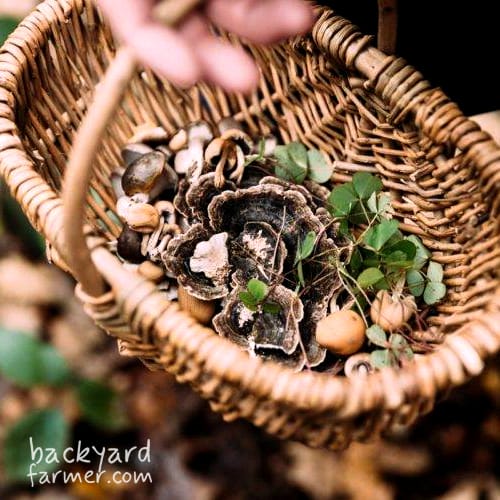
- Foraging Bag or Basket: A lightweight mesh bag or breathable wicker basket is ideal. It prevents your finds from sweating and going mushy. Opt for one that’s washable and easy to carry on countryside walks or woodland trails.
Tip: Mesh or cloth bags are also a great sustainable alternative to plastic when foraging in the UK. - Small Knife or Scissors: A folding knife or a pair of garden scissors ensures clean cuts, which helps protect both you and the plant. Precision tools are especially useful when harvesting delicate herbs or trimming edible fungi.
- Gloves (Optional but useful): Nettles, brambles, or thorny wild roses can scratch up your hands. Lightweight gloves keep your grip while giving some protection.
Looking to gear up? Browse our recommended foraging tools and kits for UK beginners here.
Knowledge of Local Edible Plants
Knowing what to pick — and what to avoid — is the most important skill for any beginner forager in the UK. From hedgerow berries to coastal greens, a little local knowledge goes a long way.
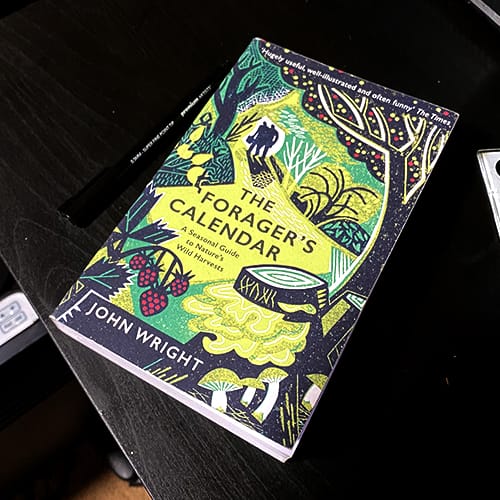
- Knowledge to Forage (Foraging guide): Start with trusted guides like Wild Food UK or The Forager’s Handbook. These help you identify safe, seasonal, and ethical plants to pick.
- The Forager’s Calendar (Foraging guide): Nature changes month by month. A UK-specific calendar will tell you when elderflowers bloom, when to harvest sloes, and what mushrooms appear in autumn.
By learning to recognise local edible plants, you’ll build confidence and deepen your connection to the land. If you’re just starting, try easy wild edibles like dandelion or hawthorn berries, which are commonly found and easy to identify for beginners.
Foraging isn’t just about food — it’s about slowing down, observing, and reconnecting with nature.
Poisonous Lookalikes 101: Foraging Safety Basics
When you’re just getting started with foraging in the UK, one of the biggest risks is mixing up common wild edibles with poisonous plants. Many wild foods have toxic doubles that seem almost identical. Learning how to spot the differences is an essential step in safe foraging and helps you build confidence as a beginner forager.
Common Confusions to Watch For
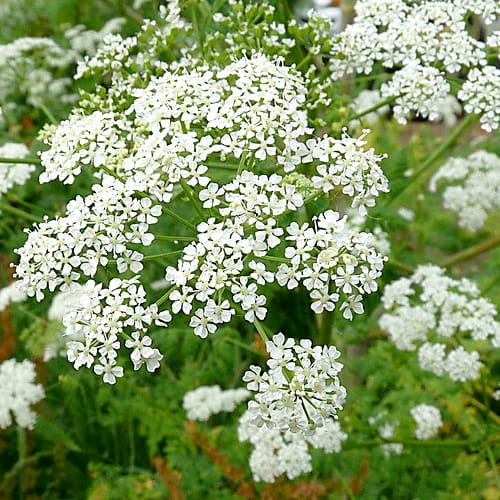
Hemlock vs. Cow Parsley
Hemlock is deadly but looks a lot like cow parsley, a common hedgerow edible. Look for purple blotches on the stems and notice the unpleasant, mousy smell – both are clear warning signs.
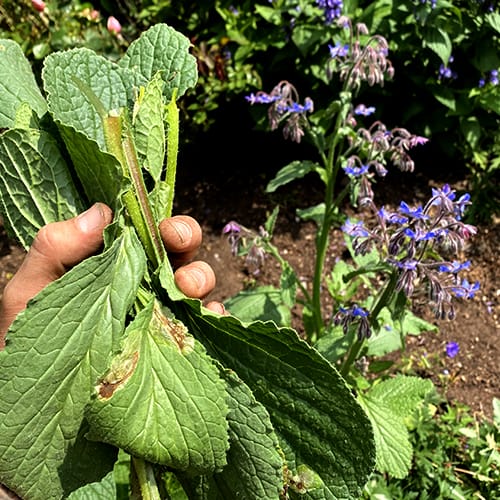
Foxglove vs. Comfrey
Foxglove leaves are highly poisonous and can be mistaken for comfrey, which foragers sometimes use in teas or herbal remedies. Comfrey leaves are hairy, while foxglove leaves are smoother and eventually form tall flowering spikes.
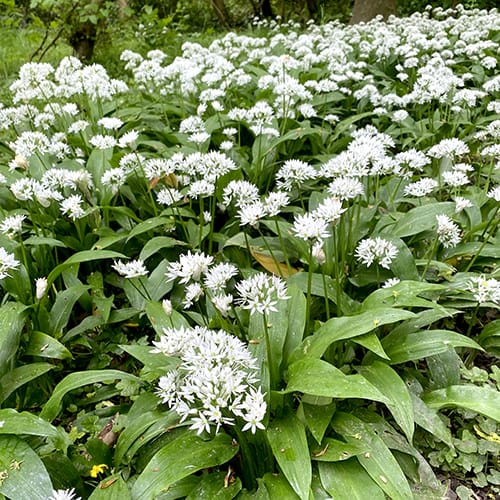
Lords-and-Ladies (Arum) vs. Wild Garlic
In early spring, Lords-and-Ladies often appear alongside wild garlic. Arum leaves are glossy and arrow-shaped, while wild garlic has a strong garlicky smell when crushed – that scent is your most reliable guide.
Safety Tips
- Stick to the golden rule: if in doubt, leave it out.
- Cross-check plants with two reliable sources – for example, a trusted field guide and a plant ID app.
- Never rely on just one feature. Examine leaves, stems, flowers, and smell before eating any wild plant.
Seasonal Foraging in the UK: A Quick Insight
Foraging in the UK isn’t just about autumn walks with a basket of blackberries – there’s wild food to discover in every season. If you’re wondering what to forage in spring, summer, autumn, or winter in Britain, this quick month-by-month guide will help. This is only an overview, and we’ll expand it into a full seasonal foraging calendar and tool in the future.
Month-by-Month Highlights
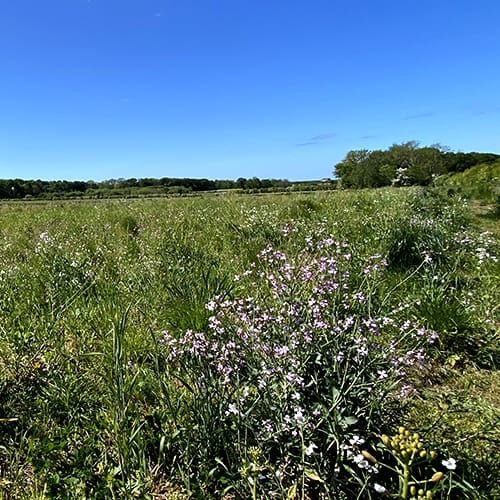
Spring (March–May)
- Nettles, wild garlic, dandelion leaves, and cleavers are some of the easiest wild edibles for beginners to forage in spring.

Summer (June–August)
- Elderflower, bilberries, wild strawberries, and fresh herbs like mint and thyme make summer foraging in the UK especially rewarding.
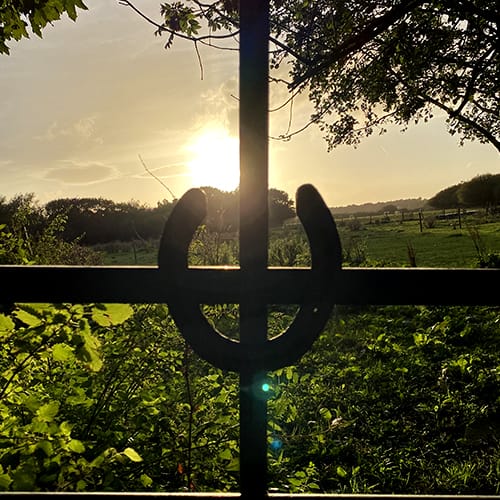
Autumn (September–October)
- Blackberries, sloes, hazelnuts, hawthorn berries, and edible mushrooms are classic autumn wild foods found across the countryside.

Winter (November–February)
- Rosehips, chestnuts, seaweed, and pine needles (ideal for tea) show that winter foraging in Britain still has plenty to offer.
Why This Matters
Knowing what’s in season is at the heart of foraging for beginners UK, helping you plan trips, pick safely, and enjoy wild food at its freshest. It’s also one of the best ways to build confidence as a beginner forager in the UK while connecting with nature step by step.
Want the full breakdown? Take a look at our Forager’s Calendar review for a detailed guide to seasonal foraging in Britain.
A Reliable Foraging Guide or App
If you’re unsure what you’re looking at, technology can help. The best foraging apps UK offer offline features, image recognition, and expert tips.
- Top Apps for Foraging: Try apps like PlantNet, PictureThis, or WildEdibles UK. These let you snap a photo of a plant and instantly get ID suggestions. Look for options that work offline — essential when you’re in remote areas.
- Why Use a Foraging App?: Even seasoned foragers benefit from using apps to double-check their finds. They’re especially useful for identifying poisonous lookalikes and tracking seasonal changes in your area.
Want a printed guide alongside your app? Our picks for the best foraging books in the UK are perfect for beginners and include photo ID help.
UK Foraging Laws
Before heading out with your basket and boots, it’s important to know the legal side of foraging in the UK. While many wild plants are free to pick, there are restrictions — and not knowing them could land you in trouble.
- Check Land Ownership: Foraging is permitted on public rights of way and access land, but not on private land without permission. Always respect signs and boundaries.
- Know What’s Protected: Some wild plants, such as bluebells and certain orchids, are protected by law. Picking them can carry fines or more serious consequences.
- Harvest Responsibly: Even when it’s legal to pick, take only what you need. Leave enough behind for wildlife and regrowth — the heart of ethical foraging.
Before heading out, make sure you understand UK foraging laws thoroughly—to know where you can forage safely and legally.
Appropriate Clothing
Foraging isn’t just about what you gather — it’s about how comfortable and safe you are while doing it. Proper clothing keeps you dry, warm, and free to move through wild terrain.
- Sturdy Footwear: Choose waterproof hiking boots or wellies with good grip. UK woodland and riverbank foraging often means muddy trails and uneven ground.
- Weather-Resistant Layers: The UK weather can flip quickly. Lightweight, waterproof jackets and breathable layers help you stay out longer, even if clouds roll in.
- Extras for Comfort: Gloves protect from brambles and nettles, and a hat shields from sun or drizzle. Trousers with zip pockets are great for keeping a phone or foraging app handy.
Top Foraging Apps for Beginners in the UK
Whether you’re identifying wild plants or searching for edible mushrooms, having the right foraging app can make your journey much safer and more enjoyable.
For beginners, these apps provide location-specific guidance, accurate identification tools, and tips for sustainable foraging.
Vild Mad – The Plant Foraging App for Beginners
Why Vild Mad is Perfect for UK Foragers
- Comprehensive Plant Database: Covers many common edible plants found in the UK.
- Seasonal Guidance: Easily discover what’s in season and growing locally.
- Foraging Tips & Recipes: Turn your finds, like wild garlic or nettles, into delicious meals.
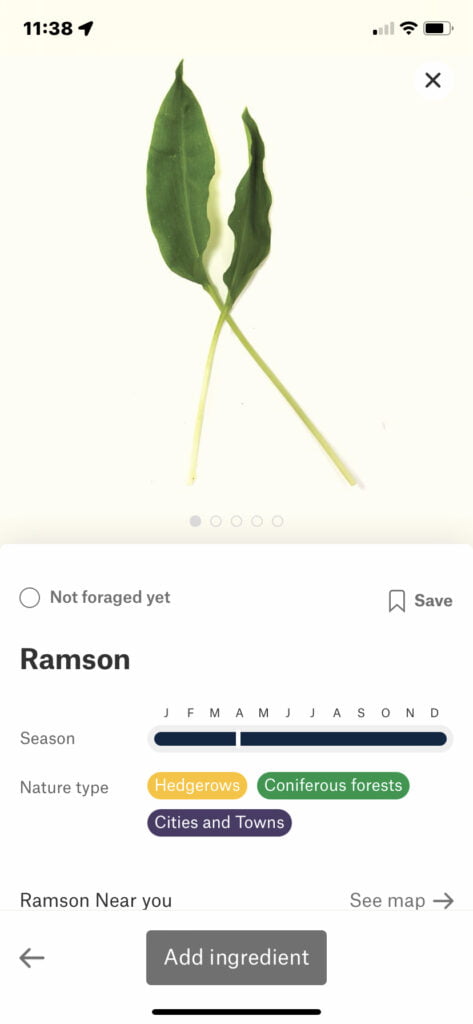
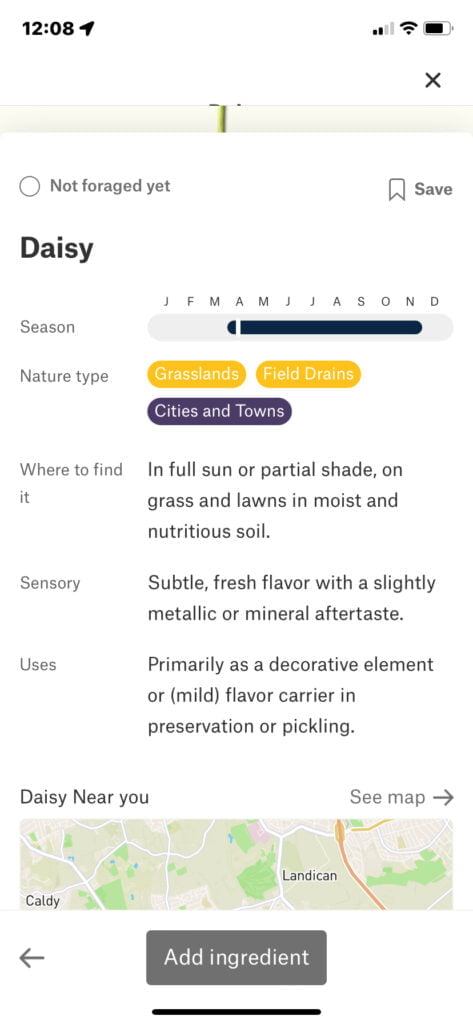
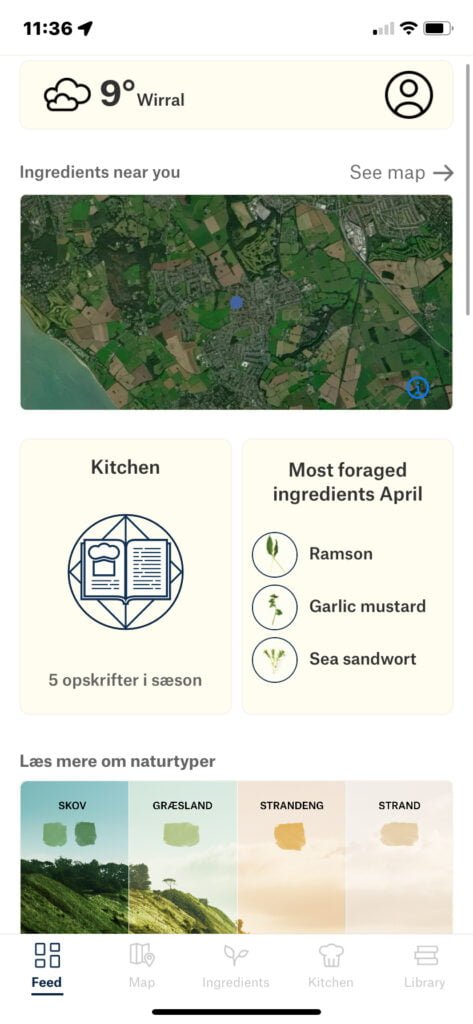
Key Features:
- Interactive Map: Explore wild foods available near you using a location-based map.
- Easy Plant ID: Simplifies identification with an intuitive interface to reduce mistakes.
- Ethical Foraging Guidelines: Learn sustainable foraging practices that respect nature and wildlife.
Vild Mad is a user-friendly app that combines plant identification, foraging ethics, and creative cooking ideas, making it ideal for beginners in the UK.
Shroomify – The Mushroom Foraging app
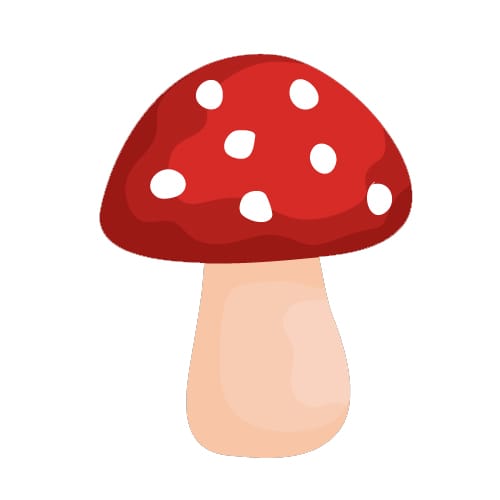
The Perfect Mushroom ID App
- Mushroom-Focused: Exclusively designed for mushroom identification with detailed guidance to avoid poisonous varieties.
- Step-by-Step Process: Guides you through questions about cap shape, color, gills, and habitat for accurate identification.
- Offline Capability: Works without signal, perfect for remote UK woodlands.
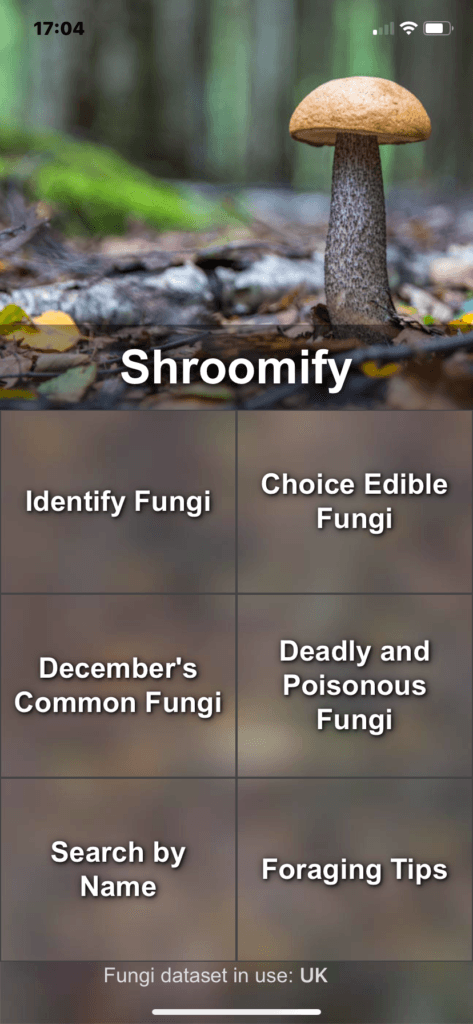
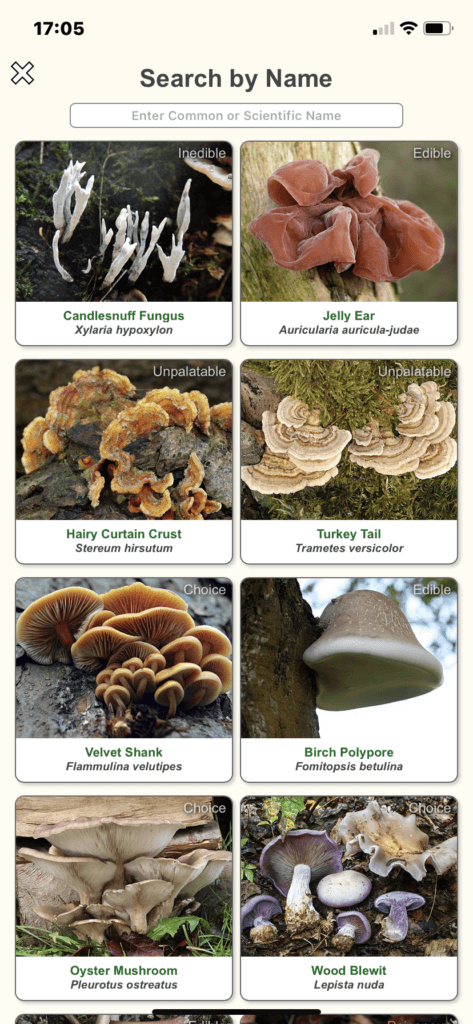
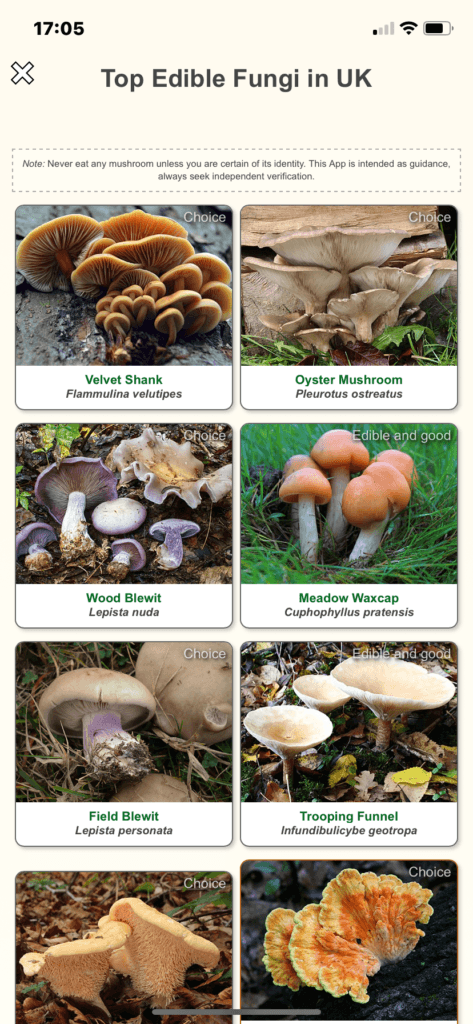
Key Features:
- Safety Tips: Learn to recognize dangerous species like the Death Cap and Destroying Angel.
- UK-Specific Fungi List: Includes common mushrooms such as chanterelles and boletes.
- Top Edible Fungi List: Contains a section dedicated to edible mushrooms.
Shroomify makes identifying mushrooms safe and accessible for all, whether you’re a beginner or seasoned forager exploring the UK.
How These Apps Help You:
- Accurate Identification: Quickly confirm the plants or mushrooms you encounter.
- Seasonal Tips: Make the most of your foraging trips by knowing what’s in season.
- Guidance for Beginners: Simple steps guide you through the identification process, reducing the risk of mistakes.
By using these apps, you’ll confidently explore the wide variety of edible wild plants and mushrooms available in the UK.
Why Foraging Apps are Essential for Beginners in the UK
Foraging is an exciting way to connect with nature, but it can be intimidating for beginners. Identifying wild plants and mushrooms can be tricky, and the risk of mistaking a toxic plant for an edible one is a real concern. This is where foraging apps come to the rescue!
How Foraging Apps Help:
- Safety First: Foraging apps help you correctly identify plants and mushrooms.
- Location-Based Tips: Many apps offer UK-specific guidance.
- Foraging on the Go: You can use these apps even when deep in the woods with no internet access.
- Expand Your Knowledge: Most apps offer tips and recipes for using the wild foods you find.
Must-Have Foraging Tools for Beginners in the UK
While foraging doesn’t require much equipment, a few key tools can enhance your experience, ensuring safety, convenience, and sustainability. If you’re just starting out, our guide to foraging for beginners UK gives you the key rules, plant ID tips, and seasonal advice you need.

Folding Knife / Opinel No.8
- Purpose: For cleanly cutting plants, herbs, or mushrooms.
- Recommendation: Opinel No. 8 Folding Knife – A durable and compact choice for beginners.
- Benefit: Prevents damage to plants, promoting regrowth and sustainability.
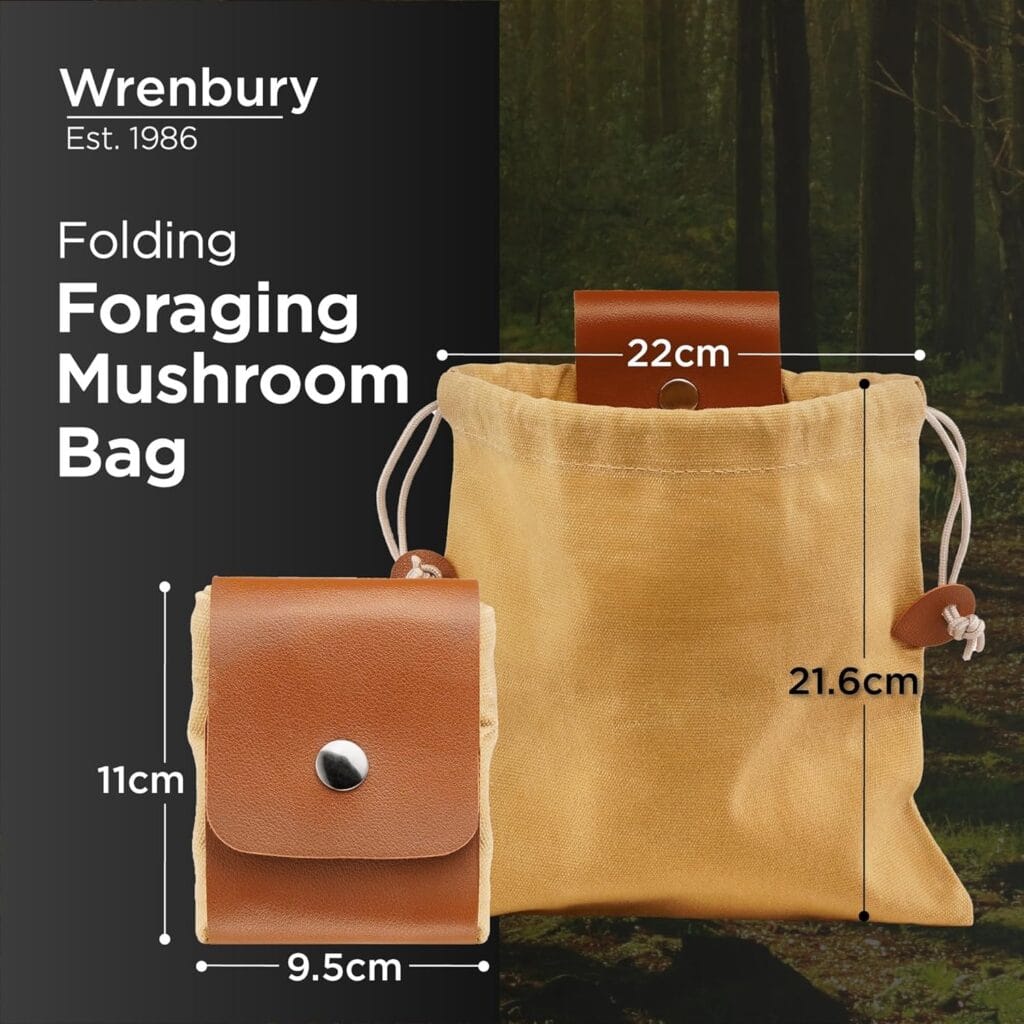
Foraging Bag or Basket
- Purpose: To carry your gathered items safely.
- Recommendation: Waxed Canvas Mushroom Foraging Pouch. Lightweight, perfect for mushrooms, nuts and berries.
- Benefit: Keeps your finds fresh, unbruised, and free from excess moisture.
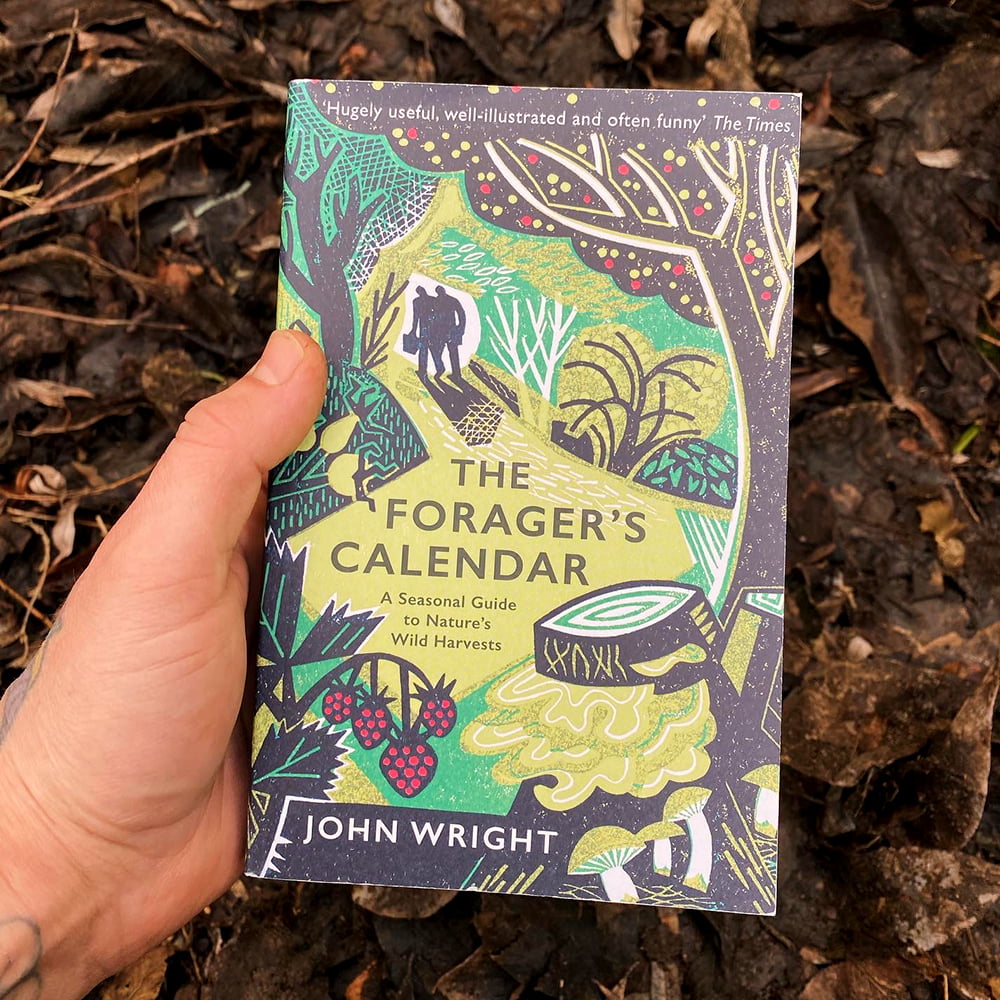
Foraging Guide
- Purpose: To identify plants and mushrooms accurately.
- Recommendation: The Foragers Calendar.
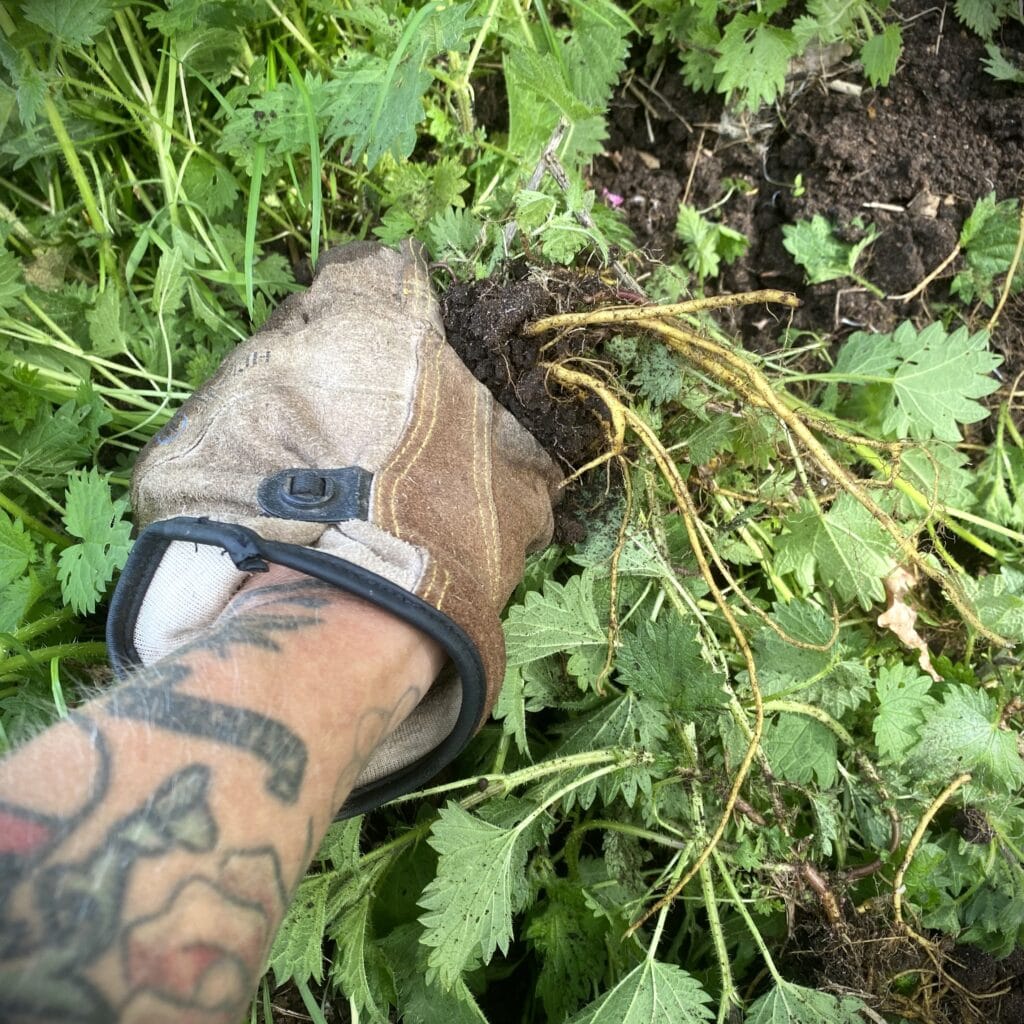
WZQH Leather Gardening Gloves
- Purpose: Protect your hands from thorns, nettles, or toxic plants.
- Recommendation: Reusable Gardening Gloves – Flexible and durable for all-day use.
Why These Tools Matter
- Efficiency: Tools like a knife make clean cuts, preserving plants for future harvests.
- Convenience: A proper bag or basket ensures your foraged goods are well-organized and undamaged.
- Safety: Guides and gloves add an extra layer of protection, especially for beginners.
Investing in these simple tools ensures a smoother, safer, and more productive foraging trip while respecting the environment.
Foraging Laws in the UK: What Beginners Need to Know
Foraging in the UK is largely legal, but it’s important to be aware of the specific rules to ensure you’re acting responsibly.
Understanding these laws not only protects the environment but also ensures a positive experience for everyone sharing the countryside.
Key Legal Considerations:
Public Land Foraging
- Rule: You can forage for personal use on public land (e.g., parks and commons).
- Important: Check local restrictions, as some areas (like nature reserves) may prohibit foraging.
Private Land Foraging
- Rule: Always get permission from the landowner before foraging on private property.
- Risk: Foraging without permission is trespassing and could lead to legal action.
Commercial Foraging
- Rule: It’s illegal to forage for commercial purposes without landowner consent.
- Example: If you plan to sell foraged items, you need explicit permission.
Protected Species
- Rule: Some plants and fungi are legally protected and cannot be foraged.
- Examples: Certain orchids and rare fungi.
Why It’s Important:
- Legal Protection: Following these laws ensures you’re respecting the environment and avoiding legal trouble.
- Sustainability: By respecting foraging rules, you help preserve wild food sources for future generations.
Understanding these basic legal principles will ensure you forage responsibly and avoid any issues.
If you’re looking to support local wildlife while foraging in your garden, here’s a quick guide on feeding apples to birds safely.
What to Wear for Foraging
Choosing the right clothing is essential for staying comfortable and safe while foraging, especially when navigating different terrains and weather conditions in the UK.
Essential Clothing Items:
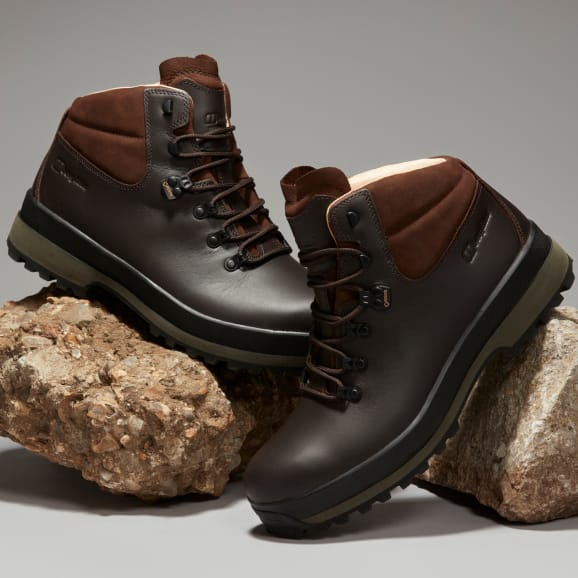
Sturdy Boots or Shoes
- Why: Provides support on rough or uneven terrain.
- Tip: Choose waterproof options if you’re foraging near rivers, lakes, or in wet conditions.
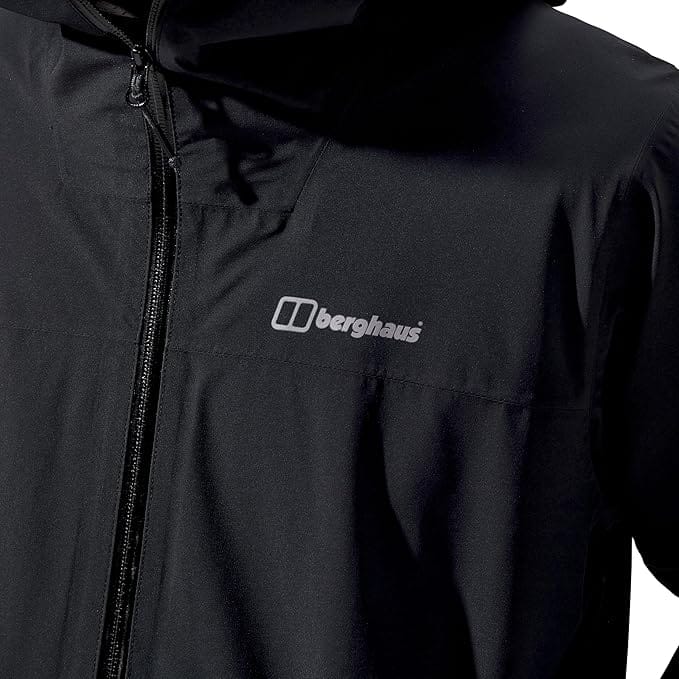
Waterproof Jacket
- Why: Protects you from unpredictable UK weather.
- Tip: Opt for a lightweight, breathable jacket for comfort during long walks.

Layered Clothing
- Why: Helps regulate body temperature, especially in changing weather.
- Tip: Wear moisture-wicking fabrics to stay dry while foraging.
Why the Right Clothing Matters:
- Comfort: Being prepared for the weather keeps you focused on the foraging experience rather than worrying about discomfort.
- Protection: Proper clothing helps you navigate through rough terrain while avoiding injuries from plants or the environment.
By dressing appropriately, you’ll stay comfortable and safe while exploring the outdoors, no matter the weather or location.
Sustainable Foraging Practices for Beginners in the UK
As a beginner forager, it’s essential to practice responsible and sustainable foraging to protect the environment and ensure future foragers can enjoy the same experience.
Here are some Key Principles for Responsible Foraging:
Only Take What You Need
- Why: Overharvesting can deplete natural resources, leaving less for wildlife and other foragers.
- Tip: Harvest small amounts, leaving plenty behind to ensure regrowth.
Avoid Damaging Plants
- Why: Cutting plants cleanly allows them to regrow and remain healthy.
- Tip: Use a knife or scissors rather than pulling plants by their roots.
Leave No Trace
- Why: It’s important to preserve the natural beauty of the environment.
- Tip: Always take any waste or packaging with you, and avoid disturbing the habitat.
Respect Wildlife
- Why: Wild plants and fungi serve as food sources for animals.
- Tip: Be mindful of the local ecosystem, and don’t disturb wildlife when foraging.
Stay on Marked Trails
- Why: Trampling vegetation can damage sensitive habitats.
- Tip: Stick to established paths when possible to minimize your impact on the environment.

Why Responsible Foraging Matters:
- Sustainability: By following these practices, you help preserve nature’s bounty for both wildlife and future generations.
- Environmental Protection: You contribute to the health and balance of the ecosystem, ensuring it remains a rich source of food and beauty.
By adopting these responsible practices, you can enjoy foraging while helping to maintain the natural environment for the future.
Foraging in the UK: Frequently Asked Questions
If you’re new to foraging, you probably have a few questions about safety, laws, and what to pick. These quick answers cover the basics and point you in the right direction so you can head out with confidence.
Yes, foraging is legal in the UK as long as you follow certain rules. You can collect wild plants, berries, nuts, and fungi for personal use, but not for commercial sale without permission. Always respect landowner rights, avoid protected species, and stick to public rights of way. See our full guide on UK foraging laws for details.
The best starter plants are easy to identify and have no dangerous lookalikes. Examples include nettles, dandelion, wild garlic, blackberries, and hawthorn berries. Beginners should avoid fungi until confident with ID, as poisonous species can be deadly.
Foraging is possible all year round:
Spring: nettles, wild garlic, dandelion leaves
Summer: elderflowers, wild strawberries, herbs
Autumn: blackberries, sloes, hawthorn berries, nuts, mushrooms
Winter: rosehips, seaweed, pine needles (for tea)
Check our forager’s calendar for a full seasonal breakdown.
No, but a good app can be helpful for plant identification and mapping finds. Pairing an app with a trusted field guide or book ensures accuracy and safety. See our reviews of the best foraging books
You can forage along public footpaths, hedgerows, parks, and woodlands where access is allowed. Coastal areas are great for seaweed and shellfish (check local bylaws). Avoid private land without permission and nature reserves with restrictions.
Yes, many city parks and green spaces contain edible plants like nettles, elder, and chestnuts. However, always check local council regulations—some ban or limit plant removal. Urban foraging is best kept light-touch and sustainable.
Some common plants have toxic doubles:
– Hemlock (deadly) looks like cow parsley.
– Foxglove can be mistaken for comfrey leaves.
– Lords-and-Ladies (Arum) resembles wild garlic before flowering.
A good rule: if you’re not 100% sure, don’t eat it.
Generally no. Many edible mushrooms have deadly lookalikes. Beginners should stick to plants, berries, and herbs first. If you’re keen to learn fungi, go on a guided walk or take a course with an expert.
Yes, but they’re best before mid-October. Later berries can taste bitter or carry larvae. A traditional saying warns: “By St Michael’s Day (29th September), the devil spits on the blackberries.”
– Take only what you need.
– Leave enough for wildlife and other foragers.
– Use scissors or a knife to avoid damaging plants.
– Never uproot whole plants unless they’re invasive species.
Foraging for Beginners: A Final Word
Foraging in the UK offers a unique and exciting way to connect with nature, discover wild foods, and enjoy the outdoors. Whether you’re gathering wild greens in spring or searching for mushrooms in autumn, foraging is a rewarding and sustainable way to source food.
Key Takeaways for Beginner Foragers:
- Start with the Basics
- Use Reliable Resources
- Respect the Environment
- Follow the Law
- Stay Safe
By starting small and gradually building your knowledge, you’ll become a more confident forager over time. Remember, foraging is about more than just collecting wild food—it’s about fostering a deeper connection with the environment and living more sustainably.
For those diving deeper into sustainable living, worm castings are an amazing natural fertilizer you can even make yourself.
Start Your Foraging Journey Today
Ready to explore the UK’s wild food treasures? Grab a reliable foraging guide, download a helpful app, and head into the great outdoors. There’s so much to discover, from edible plants to delicious mushrooms—all just waiting to be found.
Whether you’re foraging for fun or looking to enhance your diet with fresh, natural ingredients, foraging is a skill that will enrich your life in countless ways. Start today, and enjoy the benefits of connecting with nature through foraging.
Next Steps for Aspiring Foragers
- Learn your rights: UK Foraging Laws
- Gear up: check our Best Foraging Bags list
- Grow your knowledge: explore our Best Foraging Books
- Plan your year: See what’s in season with our Foraging Calendar

